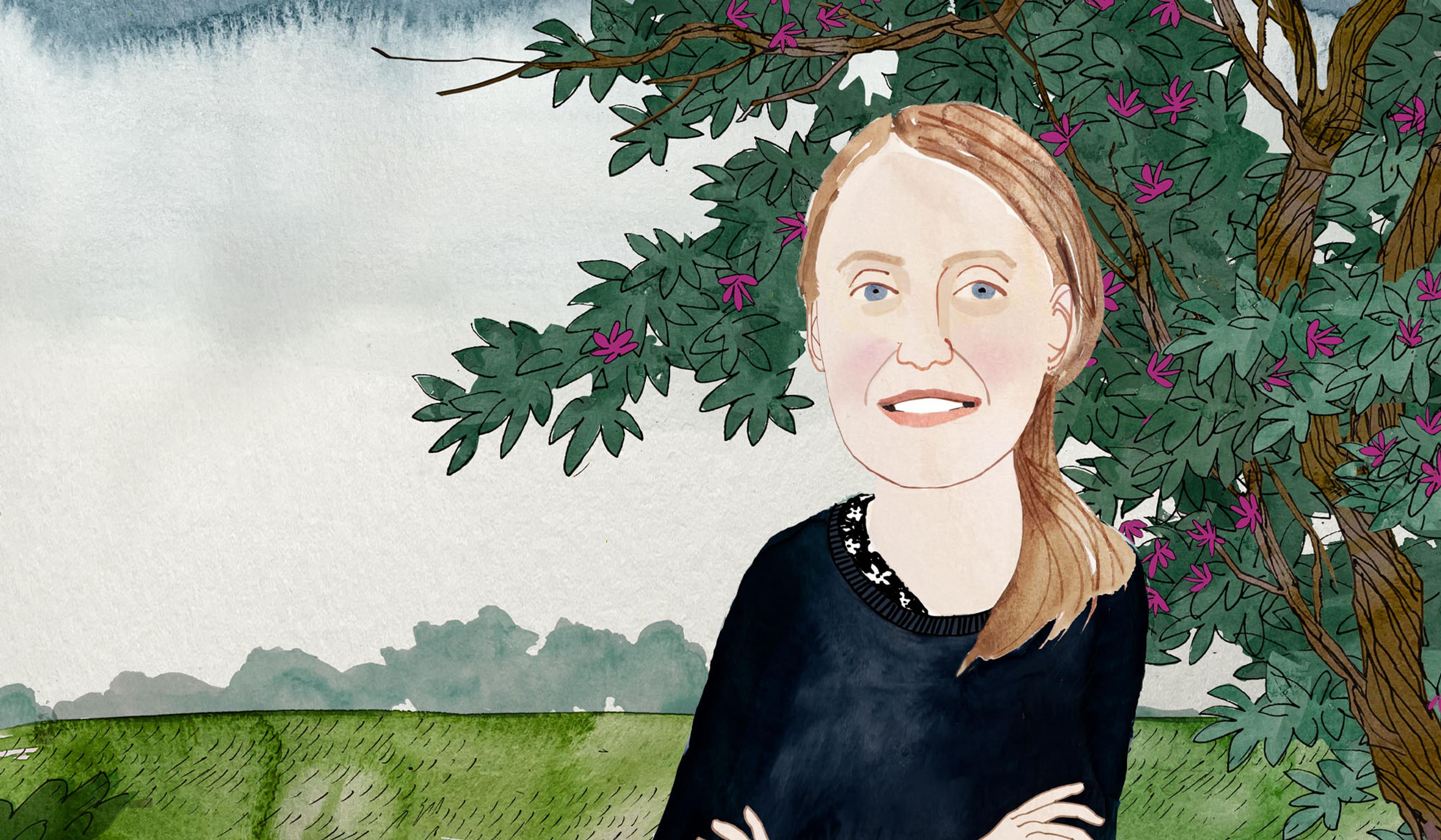The capabilities of algorithms and human brainpower overlap, intersect and contrast in a multitude of ways, argues Hannah Fry, an associate professor in the mathematics of cities at University College London, in this lecture at the Royal Institution from 2018. And, says Fry, planning for an efficient, ethical future demands that we carefully consider the respective strengths of each without stereotyping either as inherently good or bad, while always keeping their real-world consequences in mind. Borrowing from her book Hello World: Being Human in the Age of Algorithms (2018), Fry’s presentation synthesises fascinating studies, entertaining anecdotes and her own personal experiences to build a compelling argument for how we ought to think about algorithms if we’d like them to amplify – and not erode – our humanity.
Algorithms are sensitive. People are specific. We should exploit their respective strengths
Video by The Royal Institution

videoTechnology and the self
Algorithms are opinions, not truth machines, and demand the application of ethics
3 minutes

videoCognition and intelligence
How a ‘periodic table’ of animal intelligence could help to root out human bias
5 minutes

videoFuture of technology
Artificial ‘creativity’ is unstoppable. Grappling with its ethics is up to us
23 minutes

videoWork
The robots are coming… for our jobs! Why the human workforce is at risk
15 minutes

videoTechnology and the self
A handful of executives control the ‘attention economy’. Time for attentive resistance
4 minutes

videoAutomation and robotics
Human as a process: What awaits us in the coming age of bio-enhancement?
3 minutes

videoNeuroscience
What will we do when neuroimaging allows us to reconstruct dreams and memories?
4 minutes

videoComputing and artificial intelligence
A future in which ‘artificial scientists’ make discoveries may not be far away
9 minutes

videoArt
Digital art can help us see and judge the internet before it consumes everything
6 minutes